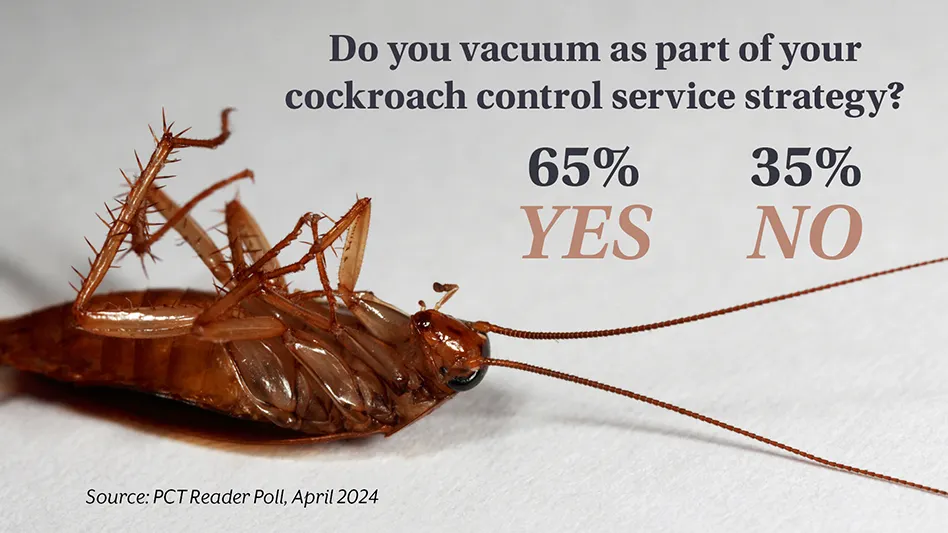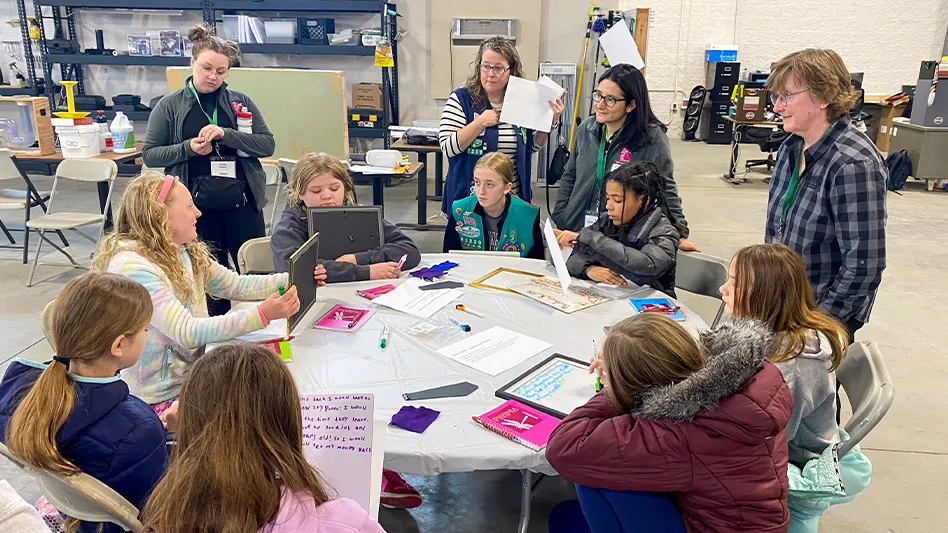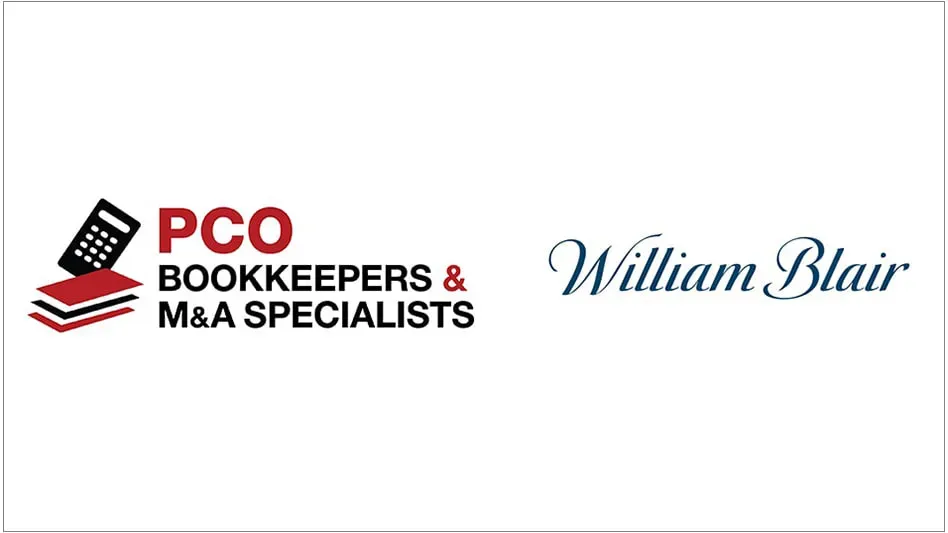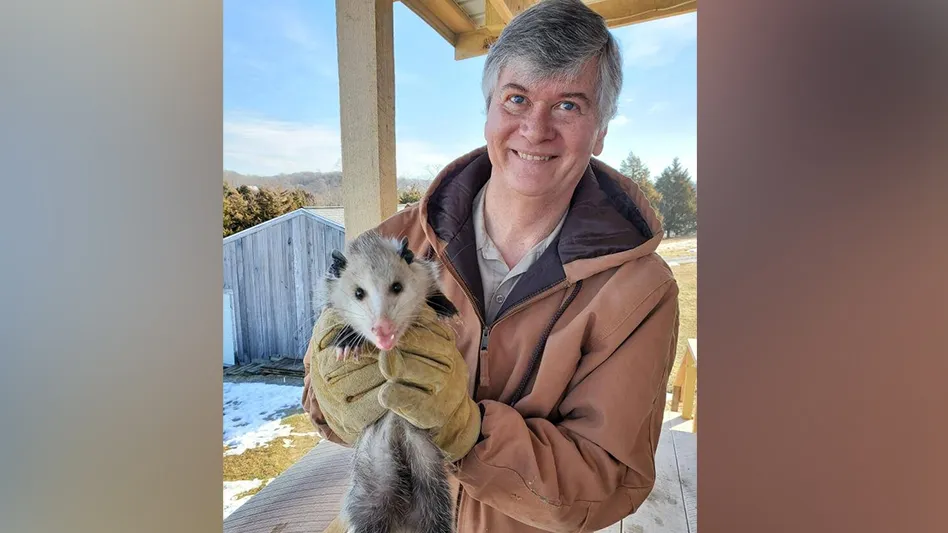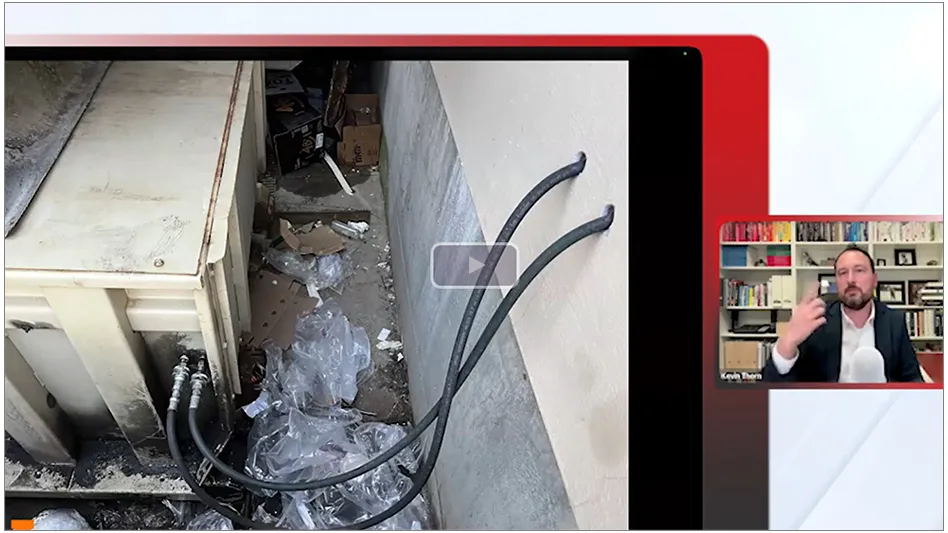When you hear the term "social media," what does it mean to you? If you are like most PCOs, "social media" means the new frontier in marketing. With the rise and fall of the Yellow Pages as the most important advertising outlet in our industry, PCOs are struggling to find cost-effective ways to secure new business. For many, social media is a way forward.
The beauty of social media is that it’s not just a marketing tool and if the PCO is able to embrace the entire concept of social media, he or she will find that it can be used to improve many areas of business. Many PCOs believe that setting up a profile on Facebook or LinkedIn and creating a Twitter account and participating or monitoring conversations is a social media strategy, but I believe these are only first steps.
In my opinion, social media is about determining what outcome you want, quantifying that outcome and building a network that will help you achieve those objectives. Those objectives can be sales dollars, but they also can be technical (e.g., technician training) or business-related, such as running a more efficient operation, improving your accounting or personnel management, or sharing business experiences and strategies with other pest control operators.
THE FIRST STEP. Your initial social media strategy could be simply to improve communication within your company. In this case, your network might consist of all the employees in your company. Having each employee posting and commenting on what they are working on, new policies and procedures or perhaps how to deal with customer issues that seem to repeat themselves provides a terrific team-building tool. A word of caution in this area though, you need to have guidelines on the amount of time spent on social media and permissible content as Facebook (www.facebook.com) and LinkedIn (www.linkedin.com) can become time consuming and unproductive — as well as becoming negative if you let it go unchecked.
*****
Social Media Dos/Don’ts
• Do give more than you receive in terms of information
• Do ask questions that are relevant and well thought out
• Do catch readers with a great headline to start your conversation
• Don’t sabotage the conversations of others
• Don’t bash your competition
• Don’t update the group on trivial personal issues, rather start thought-provoking discussions
*****
From a marketing prospective, let’s assume that you want to focus your sales effort on local property managers. A relevant network to build might be a property manager group for the region that you serve. If this is the route you are going to take, be careful not to make it exclusively about pest management as this topic may be too narrow for the group. It should address as many issues that these folks deal with as possible. In this manner it gives them a reason to visit the group more often.
Once there, you can start conversations about pest management. This makes you the expert in pest management when an issue arises where a property manager needs advice on a pest problem. Remember, social media is about conversations — not about hard sells.
So what are the nuts and bolts for creating a network? First choose a social media outlet. For business people and business issues I like LinkedIn — it’s a bit like an online resume. In order to use LinkedIn, you need to go to www.linkedin.com and establish a personal profile. This is where you list your background in terms of education, industry experience, etc. You can even have others write recommendations for you as well as write a brief "elevator pitch" about your company and your services. From there you do a people search. You can allow your e-mail contacts to be imported. The idea is to connect with as many people as possible that may be interested in keeping track of you from a professional prospective.
When you start doing people searches, you’ll be surprised at how many people you know that are already on the platform. Now comes the fun part. You need to establish a group. In the example mentioned previously, you may want to name your group "North Michigan Property Managers." Once you establish a group, it’s time to start building the membership. This is done by starting engaging conversations as well as inviting your LinkedIn contacts to join the group.
Also don’t underestimate the power of posting the formation of your group in other groups. It’s important that the conversations are engaging. At first, most of the posts will come from you. After a while it begins to snowball and others will start posting and joining. Remember that the group is not a place to sell. It is a place to educate. Social media is about audience interaction, encouragement and feedback. You are building a community of people with similar interests who share news, ideas and experiences.
The author is a CPA in New Jersey and owns an accounting firm that caters to PCOs throughout the United States. Visit www.pcobookkeepers.com for information about Gordon’s firm, PCO Bookkeepers. He can be reached at dgordon@giemedia.com.
*****
Case Study: LinkedIn Group ‘PCO Business Solutions’
My firm PCO Bookkeepers performs accounting and bookkeeping services that cater exclusively to PCOs. A little over a year ago I decided I wanted to start a forum where PCOs could go to participate and educate themselves on the business issues that affect the industry. And — by the way — if they needed an accountant, they would know who to call. We created a PCO business network on LinkedIn called "PCO Business Solutions" (http://linkd.in/PCO-Bookkeepers). The group has grown to more than 750 members most of whom are PCOs from all over the world. We also have others who serve the industry such as HR specialists, computer companies, chemical distributors, insurance professionals, attorneys and — you guessed it — a social media expert. The result is now the largest group, as far as we know, in social media arena that addresses the business needs of PCOs on the Internet. Examples of some of the daily conversations include: building wealth in the pest control industry, hiring commercial salespeople, GPS systems, food safety management, motivating technicians to sell, etc.
"PCO Business Solutions" continues to achieve several objectives. It has been a positive public relations tool for our company. It has raised money for charities through the postings of a PCO who participated in a triathlon for charity. However, what we are most proud of, is it has created a community of PCOs who exchange ideas, experiences and the trials and tribulations of operating a PCO firm in difficult economic times. If you are serious about using social media to help build your business, there are several books written on the subject or just join a LinkedIn group on building a social media strategy. — Dan Gordon

Explore the May 2011 Issue
Check out more from this issue and find you next story to read.
Latest from Pest Control Technology
- UF Researchers Examine How Much Bait it Takes to Eliminate a Subterranean Termite Colony
- Women in Pest Control Group Continues to Grow, Provide Opportunities in the Industry
- NPMA Announces Results of 2024-2025 Board of Directors Election
- Massey Services Acquires Orange Environmental Services
- Hawx Pest Control Wins Bronze Stevie Award for Sustainability
- Abell Pest Control Highlights Growing Tick Activity Across Canada
- Syngenta's Chris Keefer Reviews Ant Control Strategies, Products in Latest Market Report
- PCOC Announces Keynote Speaker and HR Panel for Best Pest Expo in Tahoe
